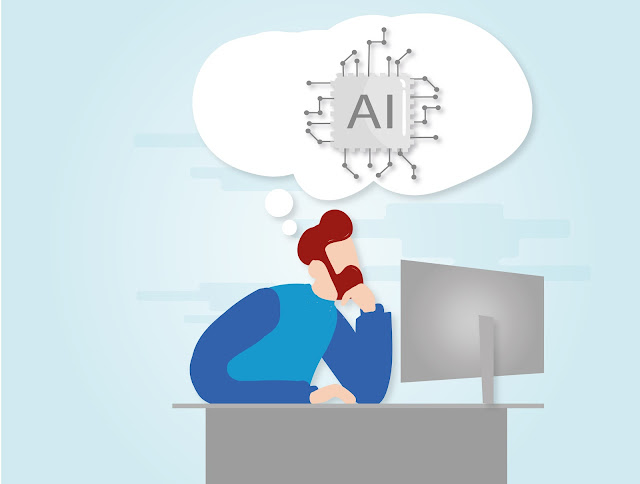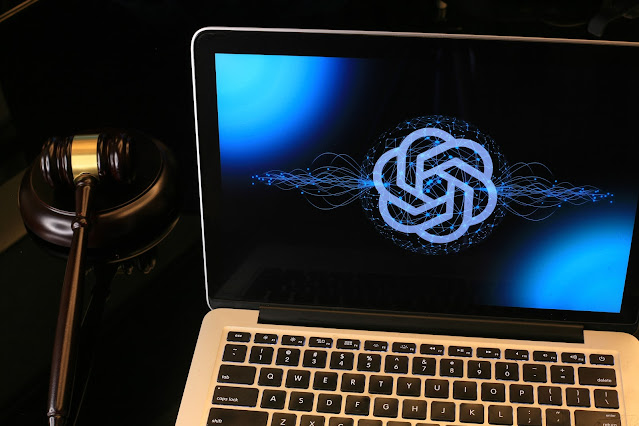Out of the 100 companies surveyed, 41 reported that
they are already utilizing generative AI, while 50 others are contemplating its
implementation. Interestingly, two companies expressed a negative stance on AI
and have either prohibited its usage or are contemplating doing so, while one
company stated that it currently has no plans to adopt this technology. The
remaining six companies provided other varied responses. The survey was carried
out between July 3rd and July 14th.
When the 91 companies using or considering generative
AI were asked about their reasons for doing so, the most common response was to
improve operational efficiency. The second most popular use case was
"summarizing, analyzing, and correcting texts”. Additionally, some companies
expressed interest in utilizing generative AI for developing chatbots, which
are automated services designed to answer questions.
Asahi Group Holdings initiated a trial project in May, involving approximately 100 employees, to explore the efficiency improvements that generative AI can bring to company operations. Similarly, FamilyMart has plans to introduce a generative AI assistant in 5,000 convenience stores by the end of March. The assistant will help store managers optimize merchandise orders based on weather conditions and sales records from other outlets.
As the use of generative AI continues to gain
momentum, the survey delved into the apprehensions expressed by companies
concerning this technology. Noteworthy, 95% of the companies expressed
anxieties regarding security, with a specific focus on the potential risk of
information leaks. Moreover, 85% of the companies raised concerns about
ensuring the authenticity of information and preventing the dissemination of
false data. Additional worries encompassed copyright issues, cited by 74% of
the companies, and the safeguarding of personal information, which was
highlighted by 71% of corporations.
While the potential of generative AI is recognized,
some companies believe that it will take time before the technology brings
about a substantial impact on business operations. Masahiko Uotani, chairman
and CEO of cosmetics maker Shiseido, acknowledged the potential of generative
AI in multiple aspects but emphasized the need for establishing governance and
rules around its usage. Fumiaki Koizumi, chairman of Mercari, predicted that
technologies would improve rapidly in the coming years and that companies
capable of keeping up with the changes would thrive, while others might face
elimination.
Generative AI has been increasingly embraced by
Japanese companies for diverse applications, such as enhancing operational
efficiency, automating text analysis, and drafting. Nonetheless, substantial
challenges concerning data security, authenticity, and governance persist,
demanding prompt attention as the technology steadily evolves and becomes
further integrated into business operations.
Related Articles:
AI Education For Children's Research Projects: Empowerment And Support
Softbank Launches Cutting-Edge AI For Corporate Clients
Unveiling the Future: AI Digital Clones Redefine Human Connections and Toy Possibilities
Exploring Society 5.0: Toyota Motor Corp Drives the Future of AI and Smart Cities





Comments
Post a Comment